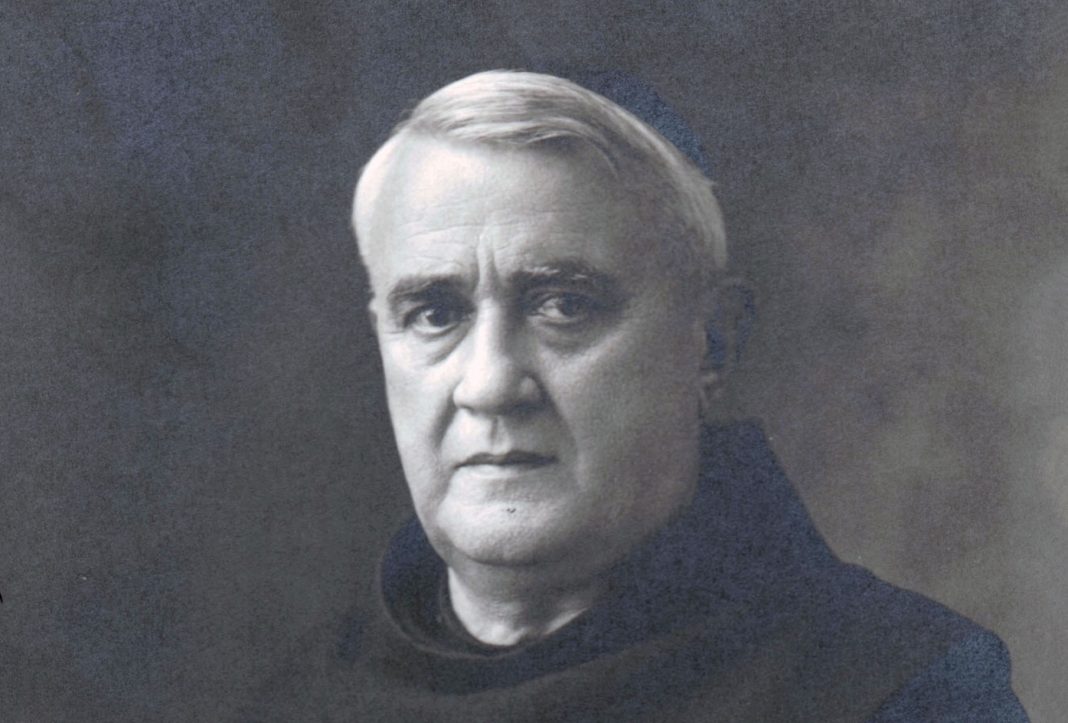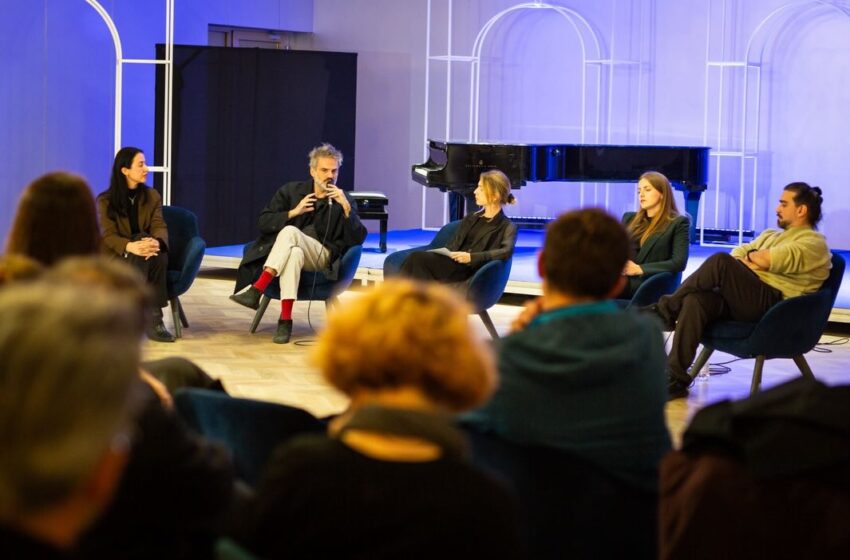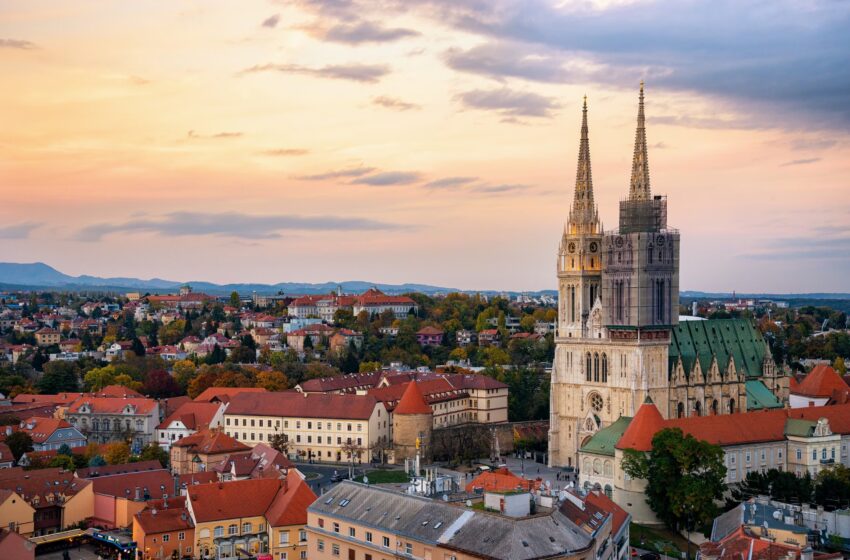Honoring Gjergj Fishta: a pillar of Albanian culture and literature

Photo: Gjergj Fishta
On the occasion of the anniversary of Gjergj Fishta’s birth on October 23, Albania celebrates the life and legacy of one of its most prominent cultural figures. Fishta (1871–1940) was not only a distinguished poet, publicist, and intellectual but also a patriot and Franciscan cleric. His multifaceted contributions spanned the realms of literature, education, politics, and national identity, leaving a profound mark on Albanian culture.
A life dedicated to learning and nation building: Born in Fishtë, Zadrima, Fishta showed exceptional talent from a young age. He began his education at the Franciscan Seminary in Shkodër and continued his studies in Bosnia, focusing on philosophy and theology. His early poetic exercises blossomed into a career that produced some of Albania’s most celebrated literary works, including the epic poem “Lahuta e Malcis,” a masterpiece he spent 40 years crafting.
Key milestones in his career:
- 1899: Co-founded the cultural society “Bashkimi,” which aimed to promote Albanian language and literature.
- 1902: Became the first Albanian director of the Franciscan School in Shkodër, introducing Albanian as the language of instruction.
- 1908: Participated in the Congress of Manastir, where he was elected chairman and led the Commission on the Albanian Alphabet.
- 1913: Founded the literary and cultural journal “Hylli i Dritës.”
- 1916: Collaborated with Luigj Gurakuqi to establish the Literary Commission, which aimed to develop a standard literary language.
- 1920: Served as Secretary General of the Albanian delegation at the Paris Peace Conference. He was also elected deputy and vice-chairman of the Albanian Parliament.
Literary legacy: Fishta’s literary achievements reflect a blend of romanticism, realism, and classicism, with a deep commitment to national ideals. His “Lahuta e Malcis,” often compared to Homer’s “Iliad,” is celebrated for its philosophical depth and vivid integration of mythology and reality. The poem remains a cornerstone of Albanian national literature.
Throughout his career, Fishta published satirical, lyrical, and epic works that continue to resonate today, including “Anzat e Parnasit” (1907) and “Mrizi i Zanave” (1913). His efforts in education, journalism, and politics made him a central figure in Albania’s cultural and national awakening.
Honors and final years: For his contributions to literature, education, and national unity, Fishta was awarded numerous honors:
- 1931: Received the “Foenix” decoration from Greece.
- 1939: Became a member of the Italian Academy of Sciences.
Fishta passed away in Shkodër on December 30, 1940, leaving behind a legacy that continues to inspire generations. His work, spanning poetry, education, and patriotism, serves as a beacon of Albanian identity and cultural pride and continue to shape Albania’s cultural landscape.


